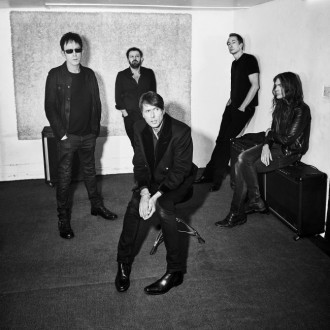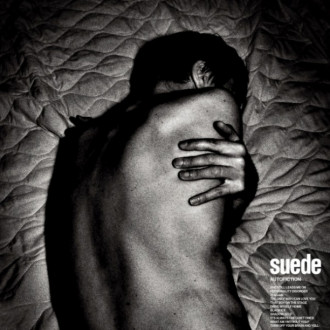Album of the Week: How Suede kicked off the Britpop era
By Holly Mosley in Music / Festivals on 29 March 2019
Suede was released on this day (March 29) in 1993.
One of the greatest British bands of the 90s, Suede unveiled their debut album 26 years ago today on Nude Records - and it's still one of the most iconic albums that the country has seen in the last fifty years.
Hailing from London, Suede were one of the first Britpop bands to hit the scene and were the subject of much hype in the UK. They were even often compared to The Smiths for their quick rise to success and their unapologetic British aesthetic.
 Suede - Suede
Suede - Suede
The album Suede debuted at number one in the charts and became the fastest selling debut album in nearly ten years, since Frankie Goes to Hollywood's 1984 release Welcome to the Pleasuredome. It went on to win the coveted Mercury Music Prize in 1993.
It was produced by Ed Buller (Pulp, The Courteeners, Raincoats), who was selected because he enjoyed similar music to the band members, though frontman Brett Anderson still had some reservations about the production of some of the finished tracks. Songs such as Moving he felt were over-produced, and he was much more keen to have Sleeping Pills as the third single rather than the eventually chosen Animal Nitrate.
The song, which was a play on "amyl nitrate" (more commonly referred to as "poppers"), was one of there more hardcore anthems with themes of sex, violence and drugs in the lyrics. Other singles were The Drowners, breakthrough song Metal Mickey which was inspired by Daisy Chainsaw's KatieJane Garside, and So Young which was about Anderson's girlfriend's overdose.
Probably one of the most iconic things about the record was the artwork, which features a rather androgynous image of two people kissing. It was taken from a book called Stolen Glances: Lesbians Take Photographs and is actually a woman kissing another woman in a wheelchair, and they only managed to secure permission to use the head and shoulders of the image to protect the subjects' identities.
More: Watch the video for Suede's 2018 song The Invisibles
Many music critics now consider Suede to be the definitive beginning of the Britpop era, and whether you agree with that sentiment or not, it is without doubt that it is a defining album of the 1990s.
Contactmusic









